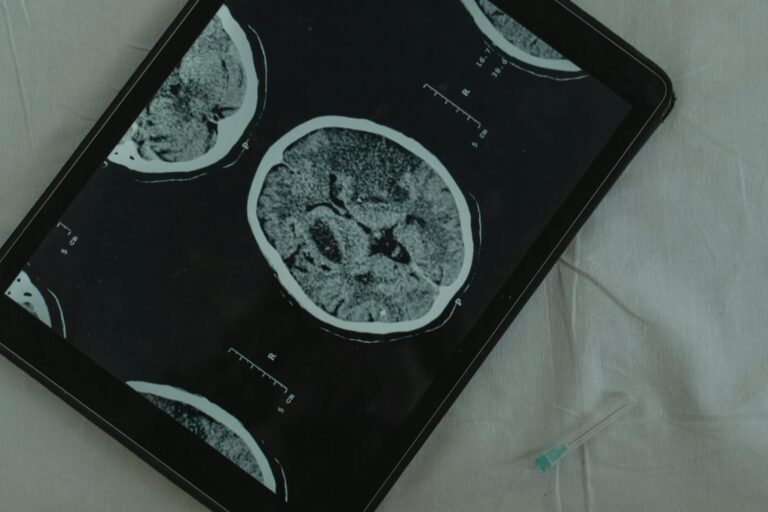Semantic memory is a crucial aspect of our everyday lives, encompassing our extensive knowledge of language, concepts, and general world understanding. This type of memory allows us to remember facts, meanings, and associations between words and objects. However, as we age, our semantic memory can become impaired due to various cognitive disorders, one of the most common being Alzheimer’s disease.
Alzheimer’s disease is a progressive neurodegenerative disorder that affects millions of people worldwide. It primarily affects older adults, causing a decline in cognitive abilities and memory impairment. As the disease progresses, it can lead to changes in semantic memory, making it challenging for individuals to recall words, concepts, and general knowledge.
The brain’s hippocampus and surrounding areas are responsible for storing and retrieving semantic memories. In Alzheimer’s disease, these brain regions are affected by the accumulation of abnormal proteins called amyloid plaques and tau tangles. These plaques and tangles disrupt the communication between nerve cells, leading to memory loss and other cognitive impairments.
One of the earliest signs of Alzheimer’s disease is difficulty with language and word retrieval. Individuals may struggle to find the right words while speaking or writing, making conversations challenging. They may also have trouble understanding complex sentences or following instructions. As the disease progresses, this impairment can worsen, leading to a significant decline in communication skills.
Moreover, individuals with Alzheimer’s disease may also experience alterations in their ability to recognize and understand familiar objects and concepts. They may have difficulty identifying common objects such as a pen or a cup. They may also struggle with abstract concepts like time, space, and numbers. This is because the brain’s semantic networks that connect words and concepts become damaged, making it challenging to retrieve information from memory.
In addition to language and concept impairments, Alzheimer’s disease can also cause difficulties with autobiographical memories. Autobiographical memories are personal experiences and events that make up our life story. In Alzheimer’s, these memories can become fragmented and disorganized, making it challenging to remember significant life events and experiences.
As the disease progresses, individuals may also experience semantic confusion, where they mix up words and concepts, leading to confusion and frustration. They may use incorrect words in a sentence, leading to nonsensical statements. For example, they may refer to a pencil as a spoon or a cat as a dog. This confusion is due to the damage in the brain’s semantic networks, making it difficult to retrieve the correct information.
Furthermore, individuals with Alzheimer’s disease may also have trouble acquiring new semantic memories. As the disease progresses, new information may be challenging to process and retain. This can lead to difficulties with learning and adapting to new situations, making it challenging to carry out daily tasks independently.
However, despite these alterations in semantic memory, individuals with Alzheimer’s disease may still retain some of their long-term memories, such as childhood memories and general knowledge learned earlier in life. This is because these memories are stored in different areas of the brain and are less affected by the disease.
In conclusion, Alzheimer’s disease can significantly impact semantic memory, leading to difficulties with language, concept understanding, autobiographical memories, and acquiring new information. As the disease progresses, these alterations can worsen and significantly impact an individual’s daily life. Early detection and proper management can help slow down the progression of the disease and improve the quality of life for those living with Alzheimer’s.





